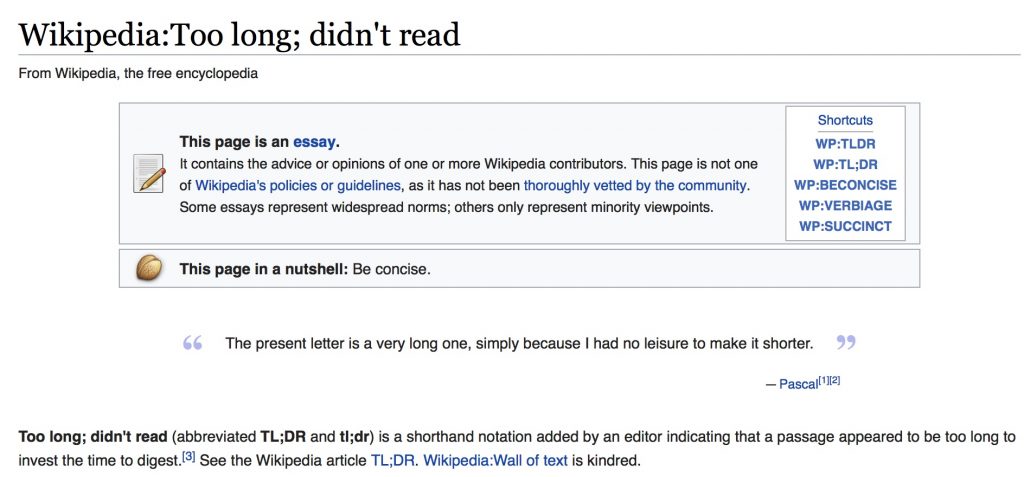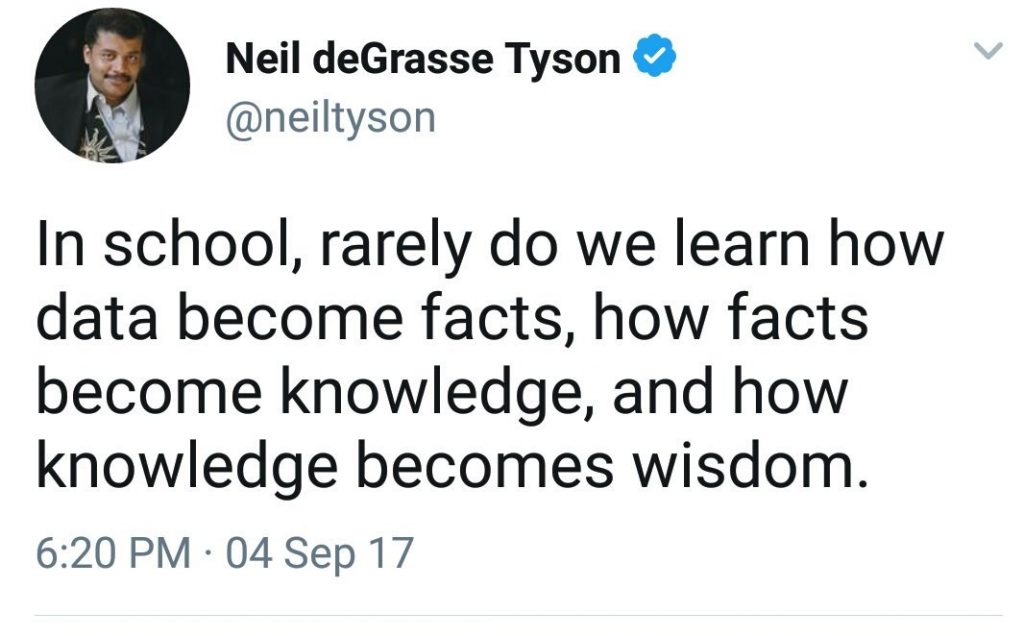Recently on Twitter, I was reflecting about the everyday encounters where the study of religion (and really “religion” as identity formation) becomes a topic of conversation.
In case it’s TL;DR, the long and short is that I’m convinced that there’s plenty of opportunity for scholars to contribute to public discourse if we hold vigilant in our commitment to observation and intelligibility. To me, the minute that we insist upon our expertise at the expense of our willingness to explain our point is when we’ve shifted a potential exchange with someone into an effort to change the other.

And while I prefer to see change as a social fact rather than an intrinsically bad thing, there is something disturbing about clearly veiled efforts at affecting change. They are all well and good when they go unnoticed, like the way I hand my kids a sealed salt shaker when they want to add more seasoning to their food. But when we know how this works, we label these acts differently–manipulation, lying, bait-and-switch, etc.
It’s the trick-or-treat conundrum. Continue reading “Trick or Treat Doctors of Philosophy”

